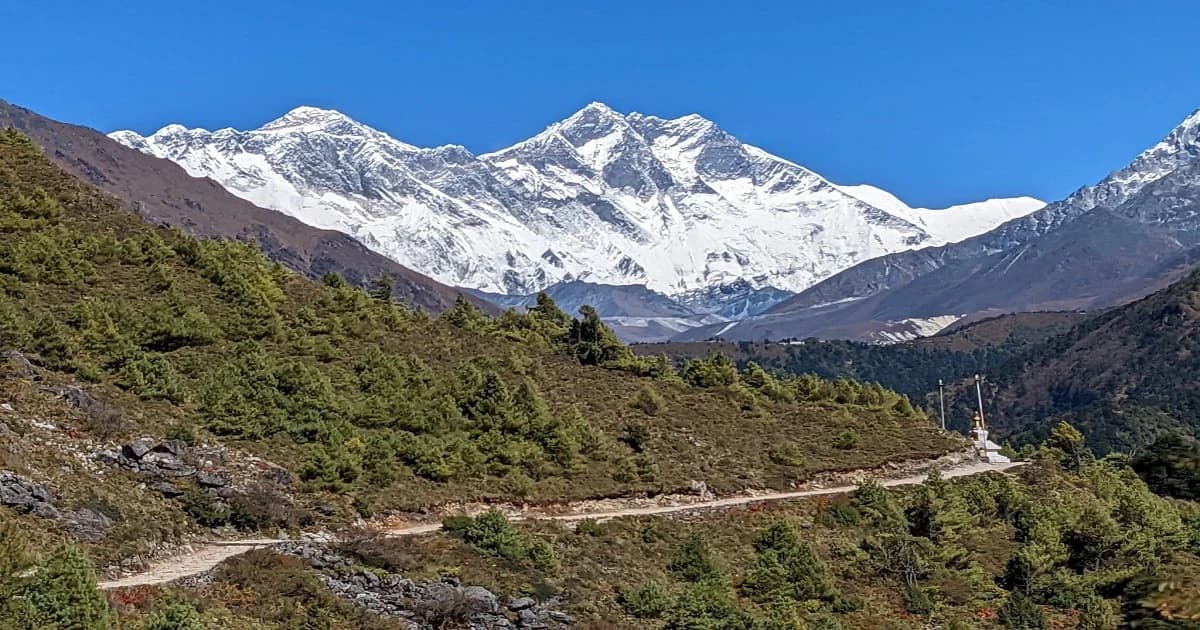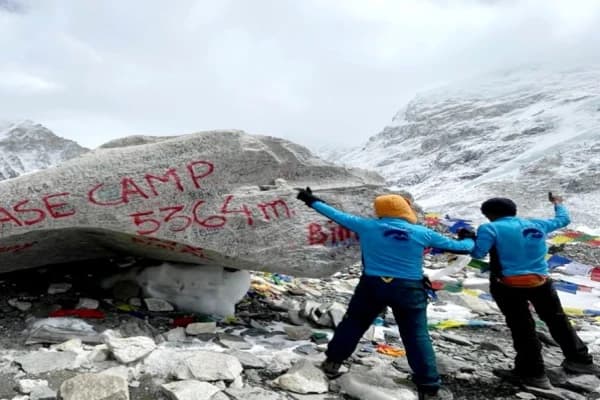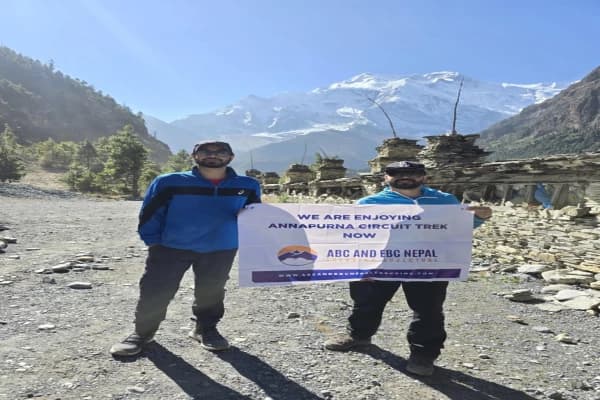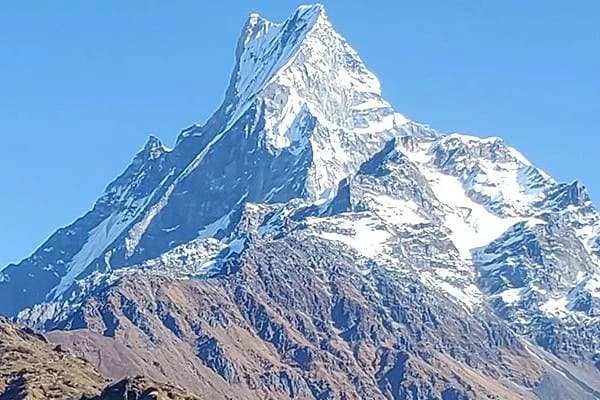Trekking to Everest base camp is one of the most iconic and coveted treks in the world. Standing at the base of the highest mountain on Earth is a bucket-list experience for adventurers, nature lovers, and travelers alike. But for those who are new to trekking or have never been to high altitudes, one question often arises: Is the Everest Base Camp trek suitable for beginners?
The short answer is yes—but with some important caveats. Let’s explore what makes this trek manageable for novices, the challenges involved, and how beginners can prepare themselves for a successful and safe journey.
Everest Base Camp Trek Beginners Guide
The Everest Base Camp Trek typically takes around 12 days from Kathmandu to Kathmandu. It covers a distance of 130 kilometers (round trip) from Lukla to the base camp at 5,364 meters (17,598 feet). The trail winds through Sagarmatha National Park, passing through villages like Namche Bazaar, Tengboche, Dingboche, and Gorakshep.
While the route doesn't involve technical climbing (no ropes, ice axes, or crampons needed), it does present other challenges—most notably altitude, weather, and physical endurance.
Here are Reasons why Beginners can do the EBC Trek
Here’s why the Everest Base Camp trek is considered achievable for beginners:
1. No Technical Climbing Involved
The EBC trek is a high-altitude hike, not a mountaineering expedition. You’ll walk on well-established trails without needing any specialized climbing gear. This makes the trek accessible to people without previous climbing or trekking experience.
2. Teahouse Trekking
Unlike some remote treks that require camping and carrying all your supplies, the EBC trek offers teahouse accommodation along the route. These lodges provide meals and a bed, making logistics far easier for beginners. You can also hire porters to carry your heavier bags.
3. Well-trodden Route with Resources
The trail is clearly marked and widely used by trekkers year-round. Many villages along the way have medical clinics, shops, and access to communication. You're never too far from help or supplies.
4. Guided Trek
We offer an all-inclusive package for beginners that includes a highly experienced trekking guide. A guide can make a huge difference by managing the itinerary, watching for altitude sickness, and providing encouragement.
Challenges that the Beginners must be Aware of
Although it’s suitable for beginners, the trek is not "easy." There are several challenges you must prepare for:
1. High Altitude
One of the most significant concerns is altitude sickness. The trek climbs slowly from Lukla (2,860m) to Everest Base Camp (5,364m). Without proper acclimatization, even fit individuals can experience Acute Mountain Sickness (AMS).
Symptoms include headache, nausea, fatigue, and dizziness. In severe cases, AMS can be life-threatening. That’s why it’s essential to follow a gradual ascent and include acclimatization days in the itinerary.
2. Physical Demands
While you don’t need to be a marathon runner, a good level of fitness is necessary. You'll be hiking for 5 to 7 hours per day, often on steep and rugged trails. The higher you go, the harder it gets to breathe, making even short ascents exhausting.
Proper physical training, including cardio and leg-strengthening exercises, is highly recommended at least 2-3 months before your trip.
3. Weather and Climate
Weather in the Everest region can be unpredictable. Even during the trekking seasons (spring and autumn), temperatures can drop well below freezing at night. You should be prepared for cold, wind, and even occasional snowfall.
Beginners must have the right gear: insulated layers, waterproof clothing, and a good-quality sleeping bag are non-negotiables.
Tips for Beginners to Successfully Complete the EBC Trek
If you’re a first-time trekker considering Everest Base Camp, here are some practical tips to help you succeed:
1. Start Training Early
Begin your physical training at least 8 to 12 weeks before the trek. Focus on hiking, stair climbing, running, and strength exercises. If possible, go on practice hikes with a loaded backpack to simulate trek conditions.
2. Acclimatize Properly
Choose an itinerary that includes 2 acclimatization days, typically at Namche Bazaar and Dingboche. Don’t rush. Remember the golden rule of altitude trekking: “Climb high, sleep low.”
3. Go with a Guide or Group
As a beginner, consider going with a reputable trekking agency or hiring a licensed guide and porter. Not only does this reduce stress and planning, but guides can also monitor your health and adjust the itinerary if necessary.
4. Pack Smart
Invest in good trekking boots, a down jacket, and other essentials like UV sunglasses, sunblock, trekking poles, and a hydration system. A well-prepared pack can make your trek significantly more comfortable.
5. Travel Insurance is Essential
Make sure your travel insurance covers high-altitude trekking (up to 6,000m) and includes emergency evacuation by helicopter. Altitude sickness can require immediate descent or airlift.
6. Stay Hydrated and Eat Well
Drink at least 3–4 liters of water per day. Eat carb-rich meals for energy. Avoid alcohol and smoking while trekking, as these can exacerbate altitude symptoms.
Mental Preparation is just as Important
Besides physical readiness, mental strength plays a big role in completing the trek. Expect moments of exhaustion, self-doubt, and discomfort. Embrace the adventure, pace yourself, and stay positive.
The views of Ama Dablam, the Khumbu Icefall, and finally standing at the base of Mount Everest will make every step worthwhile.
So, is Everest Base Camp trek suitable for Beginners?
Yes, absolutely—but it requires preparation, commitment, and caution. Many first-time trekkers have successfully completed the EBC trek and consider it a life-changing achievement. If you prepare physically, respect the altitude, and take your time, you can experience one of the greatest trekking adventures the world has to offer—even as a beginner.





